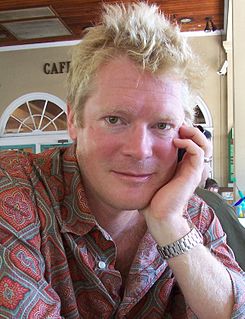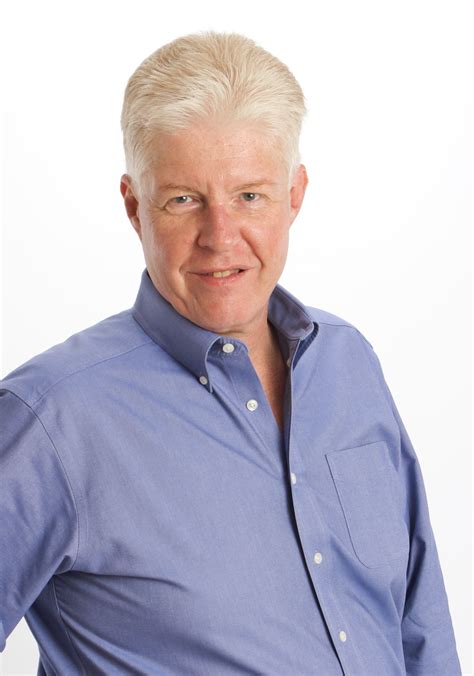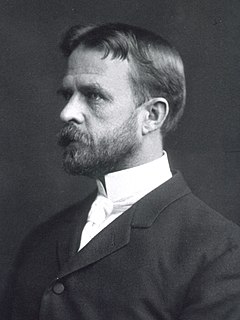A Quote by Spencer Wells
So what we can answer [as geneticists] is questions about biology, about biological ancestry. But to make any sense of that historically we have to contextualize it - the archaeology, the linguistic pattern, even the climatology.
Quote Topics
Related Quotes
I did answer all of the questions put to me today, ... Nothing in my testimony in any way contradicted the strong denials that the president has made to these allegations, and since I have been asked to return and answer some additional questions, I think that it's best that I not answer any questions out here and reserve that to the grand jury.
A picture is what it is and I've never noticed that it helps to talk about them, or answer specific questions about them, much less volunteer information in words. It wouldn't make any sense to explain them. Kind of diminishes them. People always want to know when something was taken, where it was taken, and, God knows, why it was taken. It gets really ridiculous. I mean, they're right there, whatever they are.
Realizing how often ingenious speculation in the complex biological world has led nowhere and how often the real advances in biology as well as in chemistry, physics and astronomy have kept within the bounds of mechanistic interpretation, we geneticists should rejoice, even with our noses on the grindstone (which means both eyes on the objectives), that we have at command an additional means of testing whatever original ideas pop into our heads.
We still know so little about how the brain interacts with the body chemistry or, for that matter, whether we should be talking about the brain or the mind, that it would be perilous to hazard any guess about the way Abraham Lincoln's biological health may or may not have affected him. Of course, we don't have Lincoln on hand to ask him directly; but even if we did, we still might not be able to make sense of how all the parts worked together.
I don't believe, for instance, that evolutionary biology or any scientific endeavor has much to say about love. I'm sure a lot can be learned about the importance of hormones and their effects on our feelings. But do the bleak implications of evolution have any impact on the love I feel for my family? Do they make me more likely to break the law of flaunt society's expectations of me? No. I simply does not follow that human relationships are meaningless just because we live in a godless universe subject to the natural laws of biology.





































